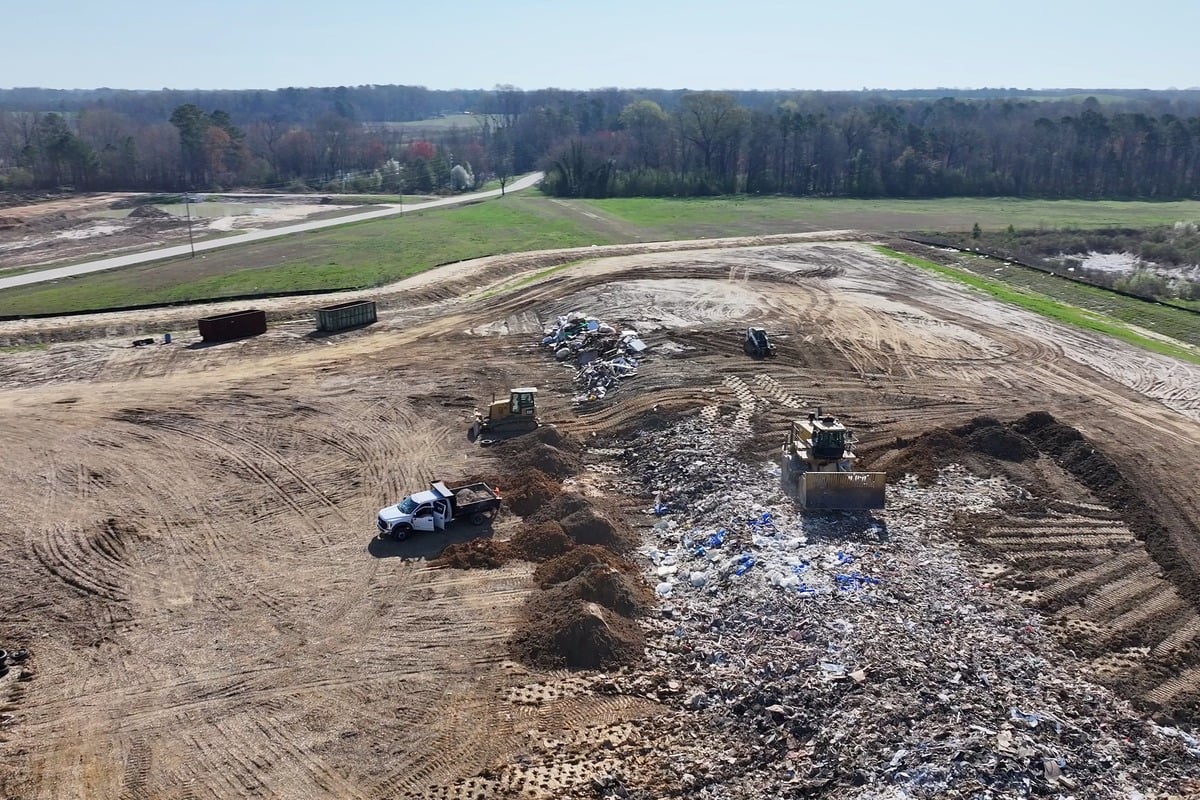BREAKING: New insights from the National Institute on Drug Abuse reveal that between 40% and 60% of individuals battling drug addiction relapse within their first year of recovery. This alarming statistic underscores the urgency of understanding the science behind addiction and sobriety.
Current research demonstrates that while relapse rates are high, lasting recovery is achievable. The brain’s incredible capacity for neuroplasticity means it can heal and adapt, offering hope for those seeking long-term sobriety.
Understanding how addiction rewires your brain is crucial. The National Institute on Alcohol Abuse and Alcoholism reports that addictive substances hijack critical brain circuits linked to rewards and stress management. This process creates a powerful craving for drugs, making the road to recovery incredibly challenging.
As of now, approximately 47.7 million Americans aged 12 and older are using illegal drugs, highlighting the pressing need for effective recovery strategies. The pleasure derived from drugs stems from an overwhelming release of dopamine in the brain, which reinforces addictive behaviors.
However, there is good news. Research indicates that the brain can recover through various methods, including:
1. **Medications**: FDA-approved treatments like Acamprosate, Buprenorphine, and Naltrexone can support recovery by helping to normalize brain function and reduce cravings.
2. **Behavioral Healthcare**: Programs focused on cognitive and mindfulness therapies are designed to teach coping mechanisms and stress management skills, essential for maintaining sobriety.
3. **Structured Living Environments**: Facilities like Gambit Recovery offer safe, drug-free housing that fosters stable recovery through peer support and daily structure.
Relapse is not a failure but rather a common hurdle on the road to recovery. The Missouri Bar reports that after five years of sobriety, the risk of relapse plummets to just 7%. This encouraging statistic emphasizes that the longer one remains sober, the easier it becomes to maintain that lifestyle.
Recovery is fundamentally about resilience and the potential for a brighter future. Each day of sobriety strengthens neural pathways and enhances self-discipline. Understanding the science of sobriety empowers individuals to navigate their recovery journeys with greater confidence and effectiveness.
For those seeking deeper insights into sustaining sobriety, subscribing to reputable recovery resources can provide ongoing support and valuable knowledge.
Act now—embrace the science of sobriety and unlock the potential for lasting recovery. Share this vital information with others who might benefit from understanding their journey towards sobriety.







